By Maricarmen Senosiain MBI ‘16/UTexas MSTC ‘17
As we enter our final semester of the MSTC program, I’ve started to count down the days to graduation. This past year has been a blur with so much wisdom imparted not just by the MSTC faculty but from my classmates and alumni as well. As a wise man once said, “Life moves pretty fast. If you don’t stop and look around once in a while, you could miss it.” Well this week I took a moment to attend one of the MSTC sponsored events and had the opportunity to meet Brett Hurt, founder of Bazaarvoice. It wasn’t long ago that he was a commencement speaker for the Class of 2015, since then life has moved really fast and he’s started a new venture Data.World, a social network for data people. I went back to some past posts to search for the speech he gave to the Class of 2015 and I thought I’d share it again.
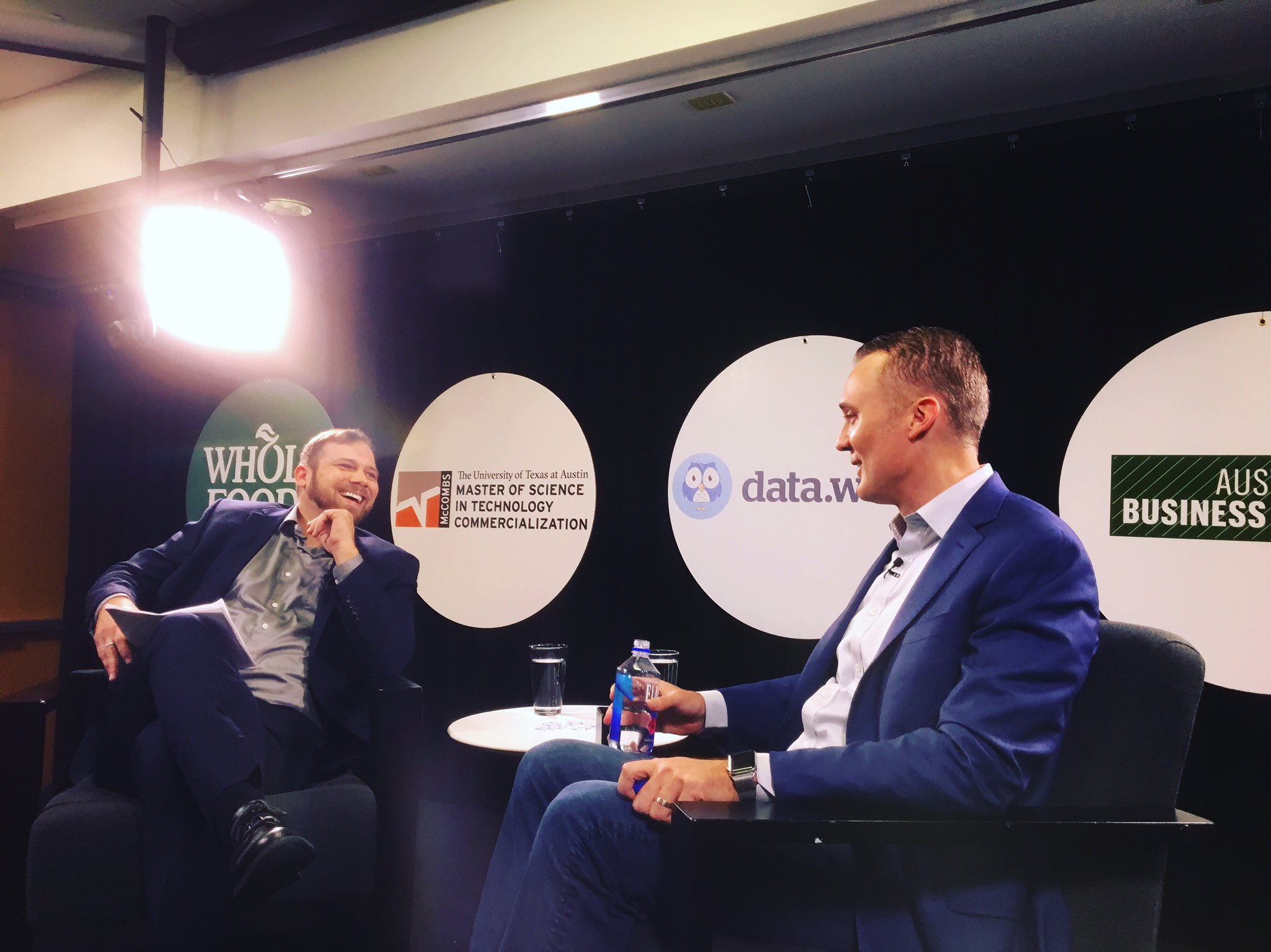 “From a long-time Austinite and a fellow Longhorn, I would like to start us off with a big, friendly, Texan “HOWDY YA’LL!”. Can I also get all of you to do a “HOOK ‘EM, HORNS!” with me?! 1, 2, 3… “HOOK ‘EM, HORNS!!”
“From a long-time Austinite and a fellow Longhorn, I would like to start us off with a big, friendly, Texan “HOWDY YA’LL!”. Can I also get all of you to do a “HOOK ‘EM, HORNS!” with me?! 1, 2, 3… “HOOK ‘EM, HORNS!!”
It is an honor and pleasure to be here with you today, on what will be one of the days you remember best in your hopefully very long and prosperous lives. I want to sincerely thank Dean Gilligan and Director and Dr. Cadenhead and all of the McCombs staff for inviting me to be here with you today. I hope to inspire you and also give you some tips for being prosperous – both personally and professionally – in the years to come. Because both are equally important.
I want to start with a bold statement. This is the most exciting time in the history of the world for you to graduate with this degree. Let me repeat that – this is the most exciting time in the history of the world to graduate with this specific degree, your Masters of Science in Technology Commercialization.
This, my friends, is because we are in what I call the new Golden Age of Technology – and this is very different than the infamous Dot-Com Boom and Bust of the late 90s. This time in history will be remembered as the professionalism – indeed the professionalism of the world’s most advanced technology commercialization – in the history of the world. And here you are – lucky you – on your graduation day from one of the most prestigious institutions in the world – with the tools, degree, and network to capitalize on it.
But yet it doesn’t always seem like such an exciting time, does it? We are bombarded by a 24/7-cable news cycle, which amplifies the worst of our 7.3 billion people in the world. As I tell my friends, there is bound to be something bad going on somewhere in the world with that many people. But this ignores all of the good, doesn’t it? We sometimes romanticize periods like the Middle Ages – or maybe we used to before watching Games of Thrones – but I can assure you we wouldn’t want to live in those times if given the choice. My advice to you – embrace the good in the world, which by far outweighs the bad – lift up your spirit and feed your soul with all of the positivity out there to be found. And stop watching so much of the news. Read great books instead – a tremendous amount more thought was put into them; they capture the wisdom of the ages.
Yes, this is the time. Quality of life throughout the world has never been better. Possibility has never been higher. You are living in the new Golden Age of Technology and now the key question on this day – your graduation day – is, “What are you going to do about it?”
The invention of the Internet will surely go down in all of history as the most transformational invention in all of humanity. At least to date, that is. Because we are just beginning. Because now the professionals are moving in to capitalize on the world’s grandest challenges. A shortage of water. A shortage of food. A shortage of energy. A shortage of education. A shortage of medicine. A shortage of land. And so on. And as I look around, all I see are possibilities – and what the world needs is more people to believe in themselves and each other to grab a hold of these challenges and solve them through grit and innovation.
You may think I’m a blind optimist. How can Uber be worth $40 billion? How can SnapChat be worth $15 billion? How can Facebook be worth $226 billion? And buy WhatsApp for $19 billion? How can Alibaba – a Chinese company – be worth $232 billion, more than Amazon and almost as much as Wal-Mart? These companies are all so young – aren’t they overvalued? Didn’t we live through this during the Dot-Com Boom and Bust? Haven’t we learned our lesson?! The answer is easier than you may think. It is because of the combinatorial technologies that are available to be snapped together today combined with the largest and most efficient network invented in history (something that we can partially thank our own Bob Metcalfe here at the University for).
And I would propose to you that we are getting smarter about leveraging these combinatorial technologies and network effects than ever before. We are becoming better at commercializing. SnapChat can be worth $15 billion because of what has happened with Facebook. Facebook can be worth $226 billion because of what has happened with Google. In short, the Internet and its derivatives are becoming professionalized. And with your degree you are exactly the type of person who is best positioned to advance that professionalism.
Computers are making everything faster. All of us carry around a supercomputer in our pocket. We have the ability to tap into the cloud for an unlimited amount of computing power at a minuscule fraction of the cost just a decade ago. Consider that when Brant Barton and I started Bazaarvoice – just 10 years ago – there was no iPhone, no Android, no open Facebook (it was closed to the public), no Twitter, no Uber, no Pinterest, no SnapChat, and so on. That was Just. 10. Years. Ago. When I started Coremetrics, we spent over $15 million on our initial infrastructure – in our own (would you believe it) data center. Today, it would cost us nothing for the first few months because I can get a credit from Amazon or Google for free, and I bet it wouldn’t cost any more than a few hundred thousand dollars in the first year.
Yes, my friends – now is the time. This is the new Golden Age of Technology.
But it isn’t just limited to the Internet. There are major advances being made in artificial intelligence, robotics, personalized medicine, 3D printing, biotechnology, nanotechnology, virtual reality, and so much more. Everywhere you look – if you look hard enough – you’ll find major advances being made. It would be fair to say that the Internet has made this acceleration possible. But it would also be fair to say that advances are being made in the most archaic of industries. These industries are becoming more professionalized – yes, that word again – and more innovative than ever before. These industries are also being disrupted at a faster pace – and that includes industries like this fine University – than ever before.
One of the great ironies of this time – at least to me – is that California is close to running out of water. And Dean Gilligan chooses to return to California. But that is a very cool job, Dean. Yet Silicon Valley is the more innovative it has ever been. Why is this ironic to me? Well, the answer lies just to the east – in Israel. Israel recycles around 75% of its water. It is completely sustainable when it comes to water. But yet it is in a desert. How is this possible? Through innovation. Through the necessity to believe in each other and to invest in solving the grandest challenges. California’s answer is actually easier than you may think. It is a subject near and dear to your heart. It is… Technology… Commercialization. In all seriousness, all California has to do is commercialize on the technology that the Israelis have already developed.
And there are opportunities like this for all of you … everywhere.
I challenge all of you to focus on solving some of the world’s grandest challenges through technology commercialization. Read books like Abundance and The Second Machine Age and think deeply about them. There are literally hundreds of thousands of good business ideas in Abundance [note, not part of the speech: my summary]. And The Second Machine Age [note, not part of the speech: my summary] will give you a balanced view of the rapid innovation occurring in this new Golden Age of Technology and how it could shape society for both better and worse. I choose to focus on “for the better”.
I have a few tips for you as you embark on this challenge.
First, always live within your means. Even though I guess you would say I’m financially successful now, that wasn’t always the case. The life of an entrepreneur is not always filled with riches. After earning my Masters, I remember my fellow graduates buying homes and cars while I was earning nothing. I graduated from my Masters in 1999. I bought my first home – and it was a modest one – when I was 32-years old. I drove modest cars back then too. There is an old saying that you will always feel rich if you live within your means. I would add to this that you will always be able to pursue your dreams if you live within your means. The bottom line is that living within your means gives you the financial optionality to pursue your dreams. The best career decision I ever made was starting Bazaarvoice. But it was only because I lived within my means during my Coremetrics years that I was able to do so.
Second, always take the time to reflect on what you’ve learned and where you’re going. I took four to six weeks of vacation time each year at Bazaarvoice. It was considered unusual but it was so worth it – it was my most important space for deep reflection. During the time I was CEO, I can tell you that during this time I made the most pivotal decisions for the company. This included whether or not to keep some executives or to hire others. This included some of our biggest strategy shifts and opportunity identification. This included some of the most important cultural ideas and my recommitment to those already in place. In short, if you don’t take the time to reflect then life – and your company – have a way of running away from you. Grab life and sieze the day. Give yourself some space to do so. Don’t become a part of the hamster wheel that spirals out of control to no clear destination.
Third, don’t ever forget your family. When I started Bazaarvoice, there was something very new in my life, after eight years of an incredible marriage. That something new is here with me today – it is our precious daughter. I was very fortunate to have parents who believed in me – and who were there for my most important moments in life. I have my dear mom (rest in peace) to thank for buying me my first computer at age 7 – and learning how to program alongside me in 1979. And her to thank for keeping everyone out of my way so that I could program for around 40 hours a week from age 7 to 21. She realized I had found my passion and she knew the importance of that. My parents were there for me and I vowed to be there for our daughter, and later our son (who is now five-years old), and my wife, who I’m about to celebrate 19 years of marriage with. If you study the regrets that people have when they are on their deathbeds, the number one is that they missed their children’s best years or they didn’t spend enough time with their spouse. One of the most inspirational people in Austin that I know is Michael Dell. And I can tell you with certainty that he has not only won so big in business – he has in family as well. In short, you’ll always feel stressed and you’ll always have excuses not to spend with family. But only you can make that choice – and it really is a choice. Michael proves that you can be incredibly successful in all areas of life. If he can do it while building a Fortune-50 company, you can too.
Fourth, and finally, nourish your soul. If you find one day that you aren’t passionate about the cause your company is pursuing then you should stop pursuing it. Or if you are considering taking that job or starting that company just for the money, don’t do it! Meaning in your work is incredibly important to the nourishment of your soul. ReadMan’s Search for Meaning by Viktor Frankl, a Holocaust survivor, for more – it is one of the most important books that any human being should read and internalize. If you find one day that you aren’t giving back – whether that is to your community or through your company – then start doing so. As I look back on my proudest moments at Bazaarvoice, it was the establishment of the Bazaarvoice Foundation which is one of the most important to me. Yes, companies have souls that need nourishment as well – and your own soul will be nourished in the process. And it is the fact that now 23 companies have been founded by former Bazaarvoice employees that feeds my soul. The generosity of spirit in the people of Bazaarvoice was – and is – constantly inspirational to me. Generosity even became one of our seven core values. And finally, don’t forget your health. My grandfather, who grew up during the Great Depression as the oldest child of five with a father who deserted the family, always told me the importance of money. But he told me that there was one thing that was more important than family or money. And that was – your health. Because if you don’t have your health then you can’t do anything else. You can’t enjoy your family, you can’t enjoy your career, and you can’t enjoy your money. So remember to take care of you. The inner journey is every bit as important as the outer journey.
My sincerest congratulations to all of you. I wish you much success – both personally and professionally, although now you see that the two are actually the same. You are very lucky to be in the position you are in today. You are living in the most transformational time in the history of the world and you have the ultimate degree to capture the opportunities at hand. I would like to close with one of my favorite quotes from the man himself, Theodore Roosevelt. He spoke these words in 1910 while in Paris and it is about the man – or woman – in the arena.
It is not the critic who counts; not the man who points out how the strong man stumbles, or where the doer of deeds could have done them better. The credit belongs to the man who is actually in the arena, whose face is marred by dust and sweat and blood; who strives valiantly; who errs, who comes short again and again, because there is no effort without error and shortcoming; but who does actually strive to do the deeds; who knows great enthusiasms, the great devotions; who spends himself in a worthy cause; who at the best knows in the end the triumph of high achievement, and who at the worst, if he fails, at least fails while daring greatly, so that his place shall never be with those cold and timid souls who neither know victory nor defeat.
Congratulations again, and thank you very much for this honor on this most special of days in your lives!”
You can find the original post and more here in Brett Hurt’s official blog.


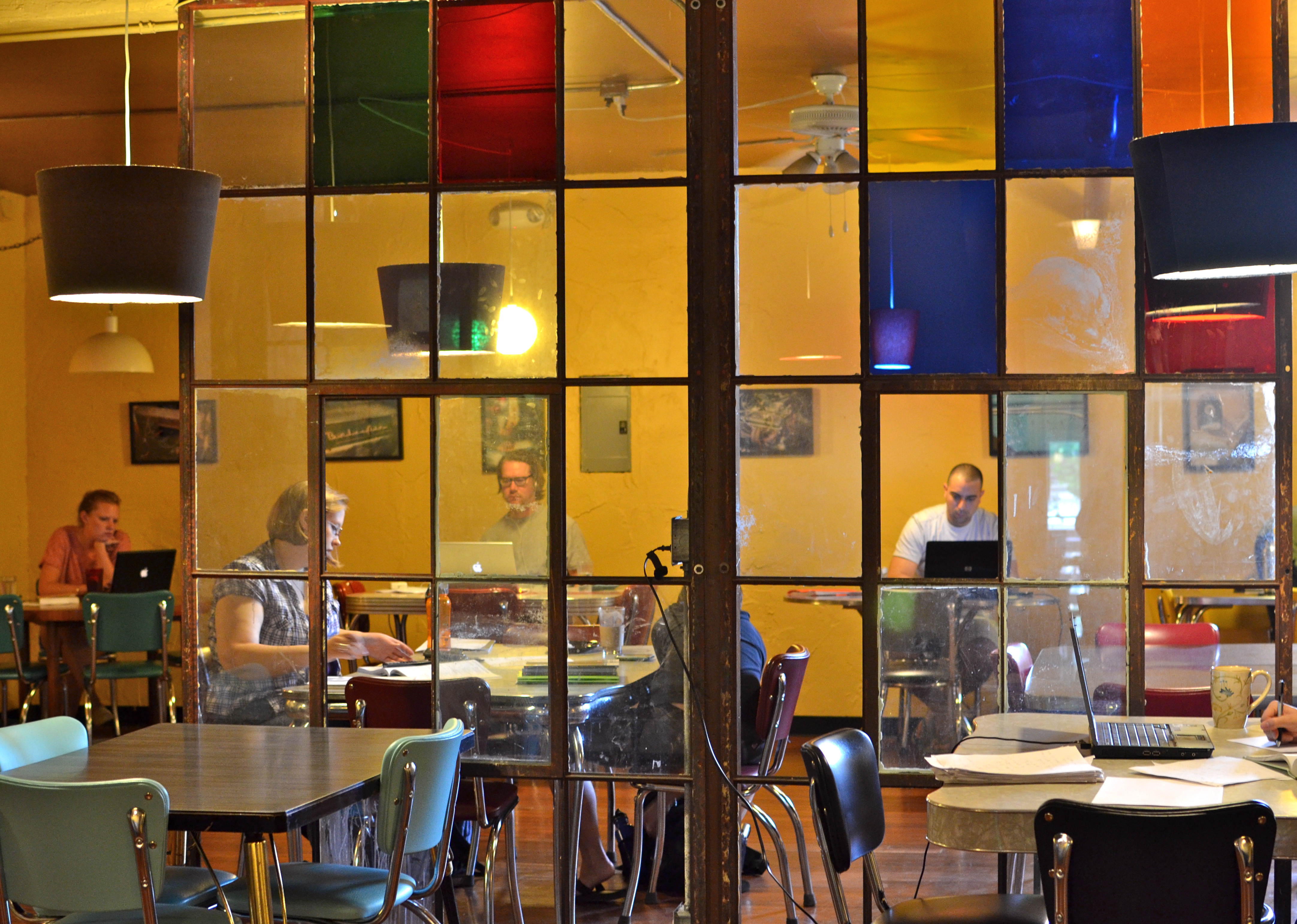
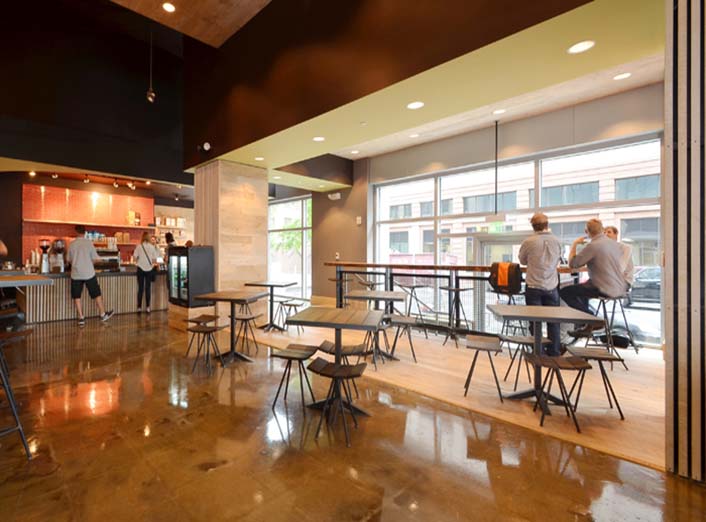


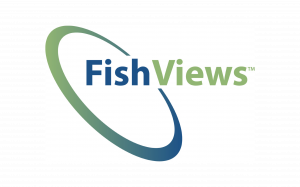

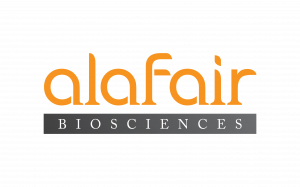
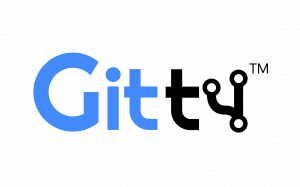


 “From a long-time Austinite and a fellow Longhorn, I would like to start us off with a big, friendly, Texan “HOWDY YA’LL!”. Can I also get all of you to do a “HOOK ‘EM, HORNS!” with me?! 1, 2, 3… “HOOK ‘EM, HORNS!!”
“From a long-time Austinite and a fellow Longhorn, I would like to start us off with a big, friendly, Texan “HOWDY YA’LL!”. Can I also get all of you to do a “HOOK ‘EM, HORNS!” with me?! 1, 2, 3… “HOOK ‘EM, HORNS!!”